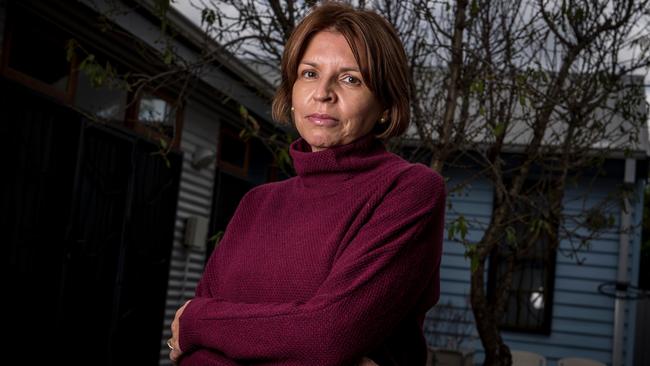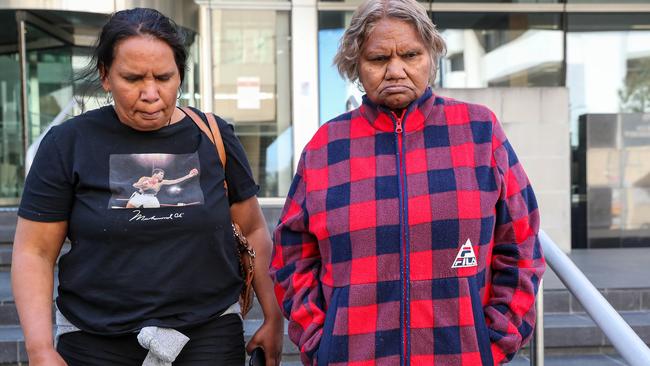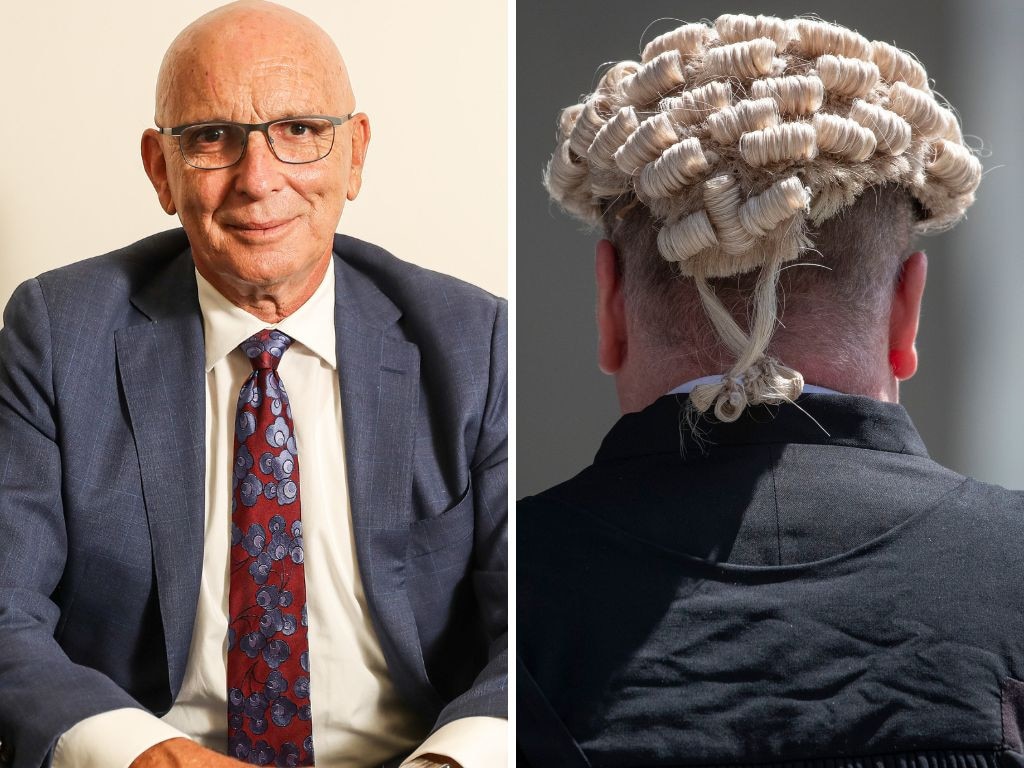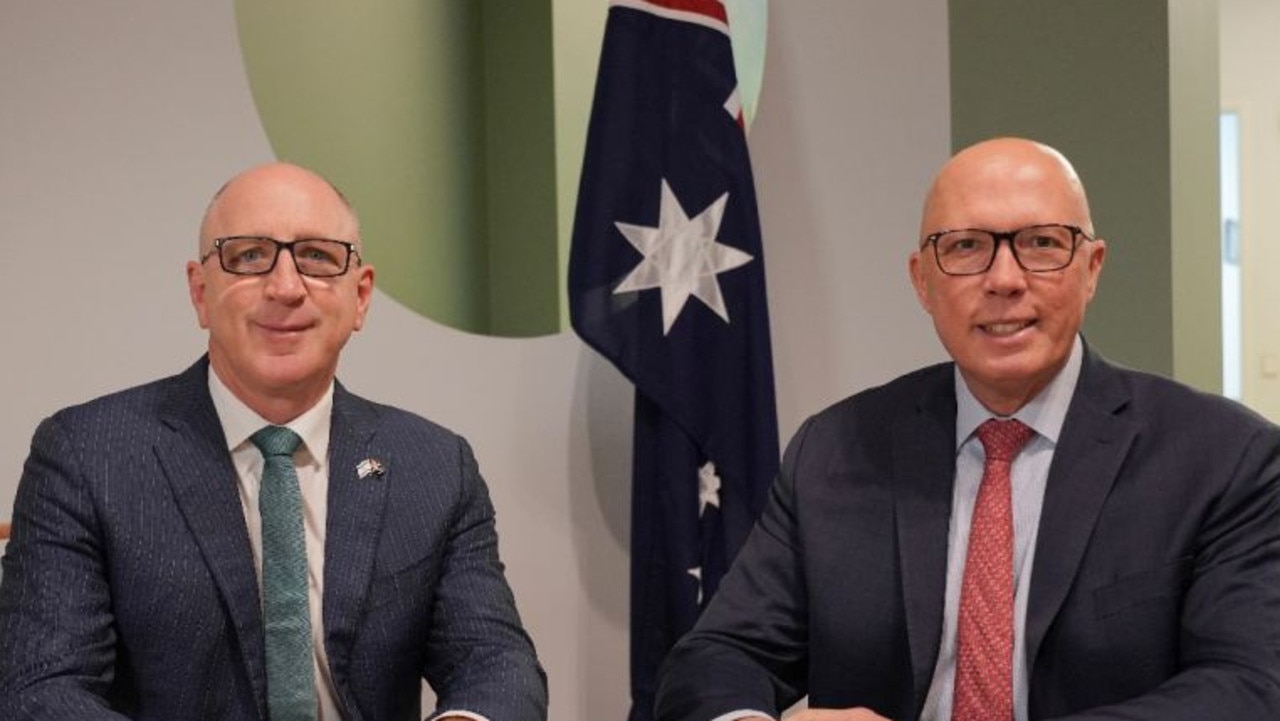Aboriginal incarceration spikes as cost-of-living and government ‘failures’ mount
WA’s Aboriginal prison population was already the highest in Australia and has grown a whopping 17.4 per cent in the past year

The number of Aboriginal people jailed in Western Australia has spiked dramatically, underscoring the growing struggle to address one of the key Closing the Gap targets.
The Aboriginal prison population in WA grew a whopping 17.4 per cent last financial year, according to the Department of Justice’s latest annual report, almost double the rate of growth for non-Indigenous prisoners.
The figure was described as “staggering” by Indigenous advocates, who said the rise showed that the state government had failed to take adequate measures to address incarceration rates.
The blowout in WA’s prison population has been blamed in part on a sharp rise in the number of people on remand, with The Australian revealing this month that the state’s court system was battling huge delays due to a shortage of experienced lawyers, a lack of court facilities and a rise in case complexity.
The spike in the number of Aboriginal people behind bars in WA has been blamed on cost-of-living pressures and a wave of methamphetamine use that has disproportionately impacted the Indigenous community.
The rise shows that Indigenous incarceration rates in WA are even worse than indicated under the latest Closing the Gap statistics, which showed that the rate of Aboriginal imprisonment across Australia was continuing to worsen.
WA had the highest rate of Aboriginal and Torres Strait Islander people behind bars, at 3605 per 100,000 compared to a national average of 2266 per 100,000. But those figures were based on data for 2023, with the latest Department of Justice figures covering the 2024 financial year.
A WA government spokeswoman said data showed that prisoner population growth, especially among unsentenced prisoners, was a national trend.
“Measures to reduce Aboriginal incarceration and improve outcomes continue to be implemented as a priority across government,” she said.
“The Department of Justice is working hard to meet Closing the Gap targets.”
Human rights lawyer and social justice activist Hannah McGlade said the rise in Indigenous incarceration showed the state government’s lack of commitment to tackling the issue.
“We’re having a cost-of-living crisis that’s affecting everyday, ordinary Australians. Aboriginal people are still dealing with poverty, and crime is related to poverty,” Dr McGlade said.
“We have a methamphetamine crisis throughout WA and in Perth, and we don’t have appropriate rehabilitation services for Aboriginal people. This drug has swept through our community. It’s horrific, it is driving child removals and incarceration, and is causing significant mental health distress for many people.”
The government spokeswoman said the government had introduced multiple measures aimed at addressing Indigenous incarceration rates, including a custody notification service that makes it mandatory for police to call a rostered Aboriginal Legal Service solicitor whenever an Indigenous person is arrested.
“Other justice measures include the expansion of legal assistance for people who should have access to bail, increased social support to enable people to meet their bail requirements, and increased sentencing flexibility to divert low-level offenders to rehabilitation programs,” she said.
“The department has also implemented programs that reduce recidivism by establishing employment opportunities, providing skills and training, and delivering wraparound mental health support.”
But Indigenous justice advocates said the latest data showed clearly that the government had failed.

Megan Krakouer, from the National Suicide Prevention Project, said the latest figures were staggering.
“It’s mind-blowing, but it does not surprise me with a lack of commitment by the West Australian government,” she said.
With law and order shaping as a key issue at the upcoming state election, Ms Krakouer said she saw little hope for real action from the government, which had a “very poor” record on addressing Aboriginal imprisonment rates.
“There is no genuine desire or intent to improve the rates of incarceration in Western Australia as it currently stands today,” she said.
“They have failed. They have failed First Nations people, they have failed non-Indigenous people, they have also failed the community and taxpayers.”
Ms Krakouer said there was insufficient support in place for those released from prison to prevent recidivism, while a disproportionate number of Indigenous people were languishing on remand while they waited for legal advice and for their cases to progress.
The latest report from the WA Office of the Inspector of Custodial Services, released this month, noted that the sharp increase in prisoners in the state had been driven by a rise in remand prisoners.
Custodial services inspector Eamon Ryan said most prisons were now operating at, or above, capacity, and conditions were increasingly poor and breaching human rights standards.





To join the conversation, please log in. Don't have an account? Register
Join the conversation, you are commenting as Logout